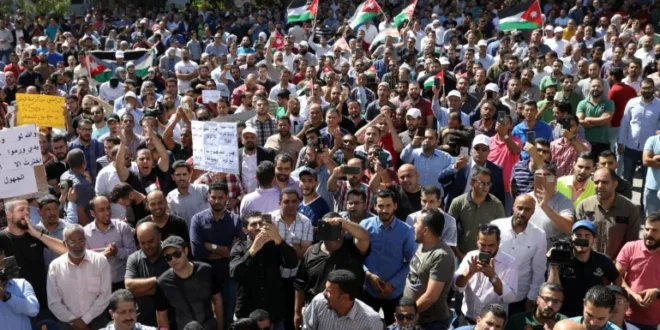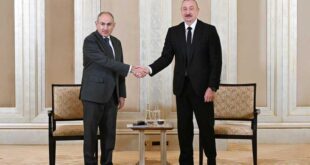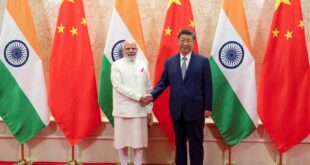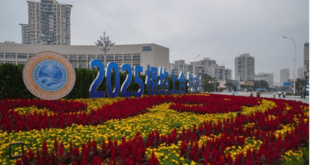Eng. Salem Al Batayneh
In the intricate tapestry of societal dynamics, the concept of trust plays a pivotal role, marking the transition of communities from one state to another. As the eminent French thinker and physician Gustave Le Bon articulates in his seminal work, “The Psychology of Crowds,” the foundation of trust lies in being in a position of control rather than domination. Today, Jordan finds itself at a critical juncture, grappling with a profound dilemma – the erosion of confidence within its borders.
Trust, an intangible asset, is acutely felt only when lost. A stark illustration of this reality unfolded months ago when the government faltered in endorsing the Indian MR measles vaccine. Jordan, situated amidst geopolitical complexities, now grapples with a disconcerting reality – a landscape marred by frustration and a pervasive loss of confidence. Government proclamations are swiftly refuted by alternate sources, leaving citizens adrift in a sea of uncertainty.
The erosion of the confidence index is not merely a concern; it is a harbinger of a society’s weakening foundations. The loss of faith between a state and its citizens signals the unraveling of the societal fabric, a depletion of human capital, and a foreboding unknown. The specter of weakened trust casts a pall over political climates, obscuring facts, and rendering accusations and betrayals the currency of discourse.
As Jordan stands on the precipice of a new phase, veiled in ambiguity arising from the Gaza War and the Al-Aqsa Flood operation, questions loom large. The potential consequences of unaddressed uncertainties may lead to chaos, rendering dialogue futile and exacerbating the escalating sense of betrayal and mistrust among Jordanians.
The current state of affairs in Jordan cannot be blamed on its citizens. Their perceived helplessness has relegated them to the role of mere spectators. The palpable escalation of feelings of betrayal necessitates a collective awakening, an acknowledgment of responsibility, and a commitment to systematic change.
The widening chasm between the state and its citizens goes unnoticed by the former, oblivious to the impending peril of losing the people’s confidence. The state’s insistence on monopolizing representation, stifling alternative political voices, perpetuates the disconnect. Jordan finds itself in a state of disarray, devoid of sincere dialogue, with issues of paramount importance relegated to the periphery.
Since the Arab Spring, Jordanian internal politics has failed to embrace the theory of multiple alternatives, leaving internal papers, both complete and incomplete, unexamined. A call for a comprehensive review, a perpetual and periodic process, is imperative to instigate change in policies, legislation, and economic agreements forged in the absence of timely scrutiny.
While Jordan’s commendable stance on the events in Gaza is indisputable, the nation remains entrenched in an explosive geopolitical zone. The imperative for political dynamism, visionary leaders, and a renewed commitment to combat the pervasive corruption that has plagued the nation for decades is undeniable.
The pressing question arises: who benefits from the widening gap in confidence? The answer lies not in complexity but in the urgency for political actors with vision to bridge the divide. Conspiracy theories and clandestine maneuvers have fueled political alienation, necessitating a collective effort to dispel mistrust and rebuild a foundation of hope.
Jordanians, resilient and hopeful, deserve more than the present atmosphere of disillusionment. The path forward requires not the brilliance of philosophers or scientists, but a collective will to restore trust, foster dialogue, and embark on a new trajectory of prosperity and unity. Jordan stands at a crossroads – the choice is between perpetuating the status quo or charting a new, collective destiny.
Al Batayneh was a member of the Jordanian Parliament
 Geostrategic Media Political Commentary, Analysis, Security, Defense
Geostrategic Media Political Commentary, Analysis, Security, Defense





